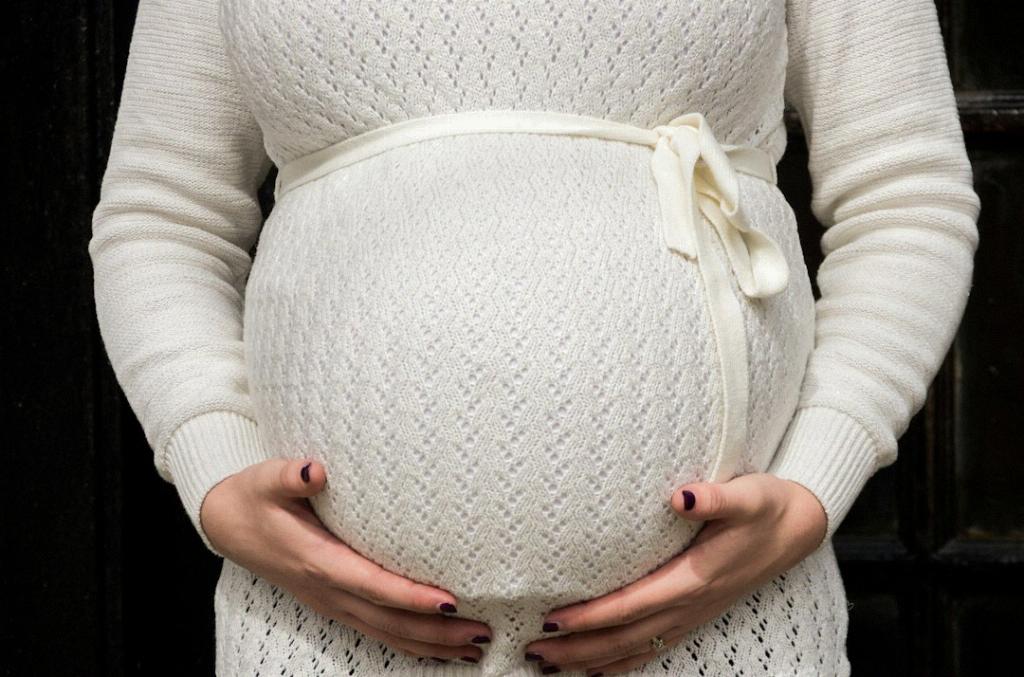Staying hydrated is crucial during pregnancy, not just for overall health but also to help alleviate issues like constipation. Drinking an adequate amount of fluids can soften the stool and make bowel movements more comfortable for expecting mothers.
Water: The Ultimate Hydration Source
Water is your best friend when it comes to combating constipation during pregnancy. It helps to keep things moving smoothly in your digestive system and prevents stools from hardening. Aim to drink at least 8-10 glasses of water per day to stay properly hydrated.
Beneficial Beverages for Constipation Relief
Aside from water, there are several other drinks that can be helpful in easing constipation during pregnancy. Fruit juices like prune juice and apple juice are known for their natural laxative effects. They can stimulate bowel movements and relieve discomfort.
Welcoming Warm Drinks
Warm beverages such as herbal teas can also provide relief from constipation. Options like chamomile tea, ginger tea, or peppermint tea can have a soothing effect on your digestive system and promote regularity. Just be cautious of caffeine content in some teas.
Exploring Fiber-Rich Smoothies
Smoothies can be a delicious way to increase your fiber intake and help alleviate constipation. Blend together fruits like berries, bananas, and fiber-rich greens like spinach or kale with some yogurt or almond milk for a nutritious and bowel-friendly drink.
Refreshing Coconut Water
Coconut water is not only a hydrating beverage but also contains natural electrolytes that can aid in digestion. Drinking coconut water can help soften stools and make passing them easier, providing relief for constipation during pregnancy.
Healthy Hydration with Psyllium Husk
Psyllium husk is a soluble fiber that can be mixed with water or juice to create a gel-like consistency. This substance can help regulate bowel movements and soften stools, making it a beneficial drink for pregnant women dealing with constipation.
Limiting Caffeine Intake
While some caffeinated beverages like coffee or black tea can have a mild laxative effect, excessive consumption of caffeine can lead to dehydration and potentially worsen constipation. It’s advisable to moderate your intake of caffeinated drinks during pregnancy.
Seeking Professional Guidance
If constipation persists despite dietary changes and increased fluid intake, it’s essential to consult with your healthcare provider. They can provide personalized advice and recommend safe remedies or medications to alleviate constipation without compromising your pregnancy.
Listen to Your Body
Every pregnancy is unique, and what works for one woman may not work for another. Pay attention to how your body responds to different drinks and adjust your intake accordingly. It’s essential to prioritize your comfort and well-being during this transformative period in your life.
Conclusion
Constipation can be a common discomfort during pregnancy, but it doesn’t have to be a constant struggle. By staying hydrated, incorporating fiber-rich drinks, and listening to your body’s needs, you can find relief and promote healthy digestion throughout your pregnancy journey.
Stay Informed and Nourished
Remember, maintaining a balanced diet, staying active, and prioritizing hydration are key components of a healthy pregnancy. Keep exploring different drinks, staying informed, and nourishing your body to support your well-being and the growth of your little one.

